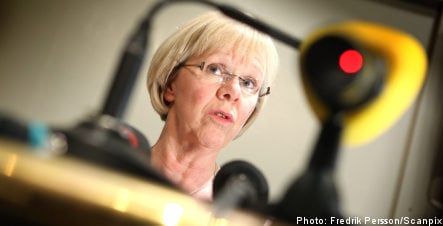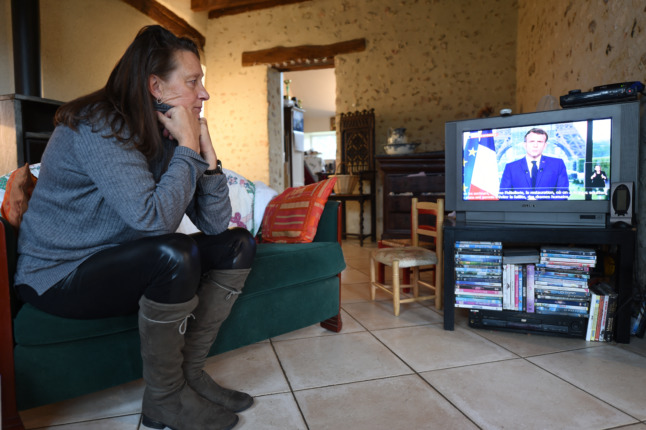The announcement was made after after a seven hour board meeting on Monday and despite opposition from several of the LO federations.
The extraordinary board meeting was convened at midday on Monday in the LO stronghold on Norra Bantorget in Stockholm and assembled representatives from the 15 LO federations.
The meeting was preceded by widespread speculation that the AMF Pension scandal would see an end to Lundby-Wedin’s tenure as head of LO.
The head of the SEKO transport-workers union, Janne Rudén was among those that demanded her resignation.
“We considered this to be the best resolution,” he said to news agency TT.
But he added that at the meeting he was not prepared to challenge a majority decision. According to Janne Rudén he was not alone in opposing Lundby-Wedin.
“I hope that this is the correct decision,” he commented after having ultimately pledged his support for Lundby-Wedin.
The LO head called a press conference for 7.45pm on Monday, flanked by heavyweight union leaders Ylva Thörn and Stefan Löfven.
“There has been a thorough review of a very serious situation,” IF Metall metalworkers union head Stefan Löfven said to the assembled media.
In other words it was not at all assured that Lundby-Wedin would receive the support of the 15 union federations.
According to public employees union head Ylva Thörn, the marathon meeting was necessary to pore over the reactions of LO members and analyze the consequences of the situation.
Social Democrat leader, Mona Sahlin, who on Saturday held Lundby-Wedin’s role in the AMF Pension scandal to blame for the party’s collapse in the opinion polls, welcomed the decision on Monday.
“But it was completely necessary to withdraw from her board memberships and concentrate on her main job,” Sahlin said.
Wanja Lundby-Wedin concedes that the controversy over the AMF Pension scandal has damaged both her and LO.
“The past few weeks have been difficult for the union movement. Of course confidence in me has been damaged among the members.”
Lundby-Wedin promised in the future to focus her energies on core union issues, meet the members, and to scale down her portfolio of prior commitments.
The loss of most of her board memberships will result in an effective pay cut of around 40 percent.
“Don’t feel sorry for me. I will just have to juggle my life around a little. That I do willingly,” Lundby-Wedin said on Monday.
The meeting addressed three core issues: Lundby-Wedin’s post on the board of AMF Pension, her many commitments and former secretary Erland Olausson’s pay and pensions agreements.



 Please whitelist us to continue reading.
Please whitelist us to continue reading.
Member comments